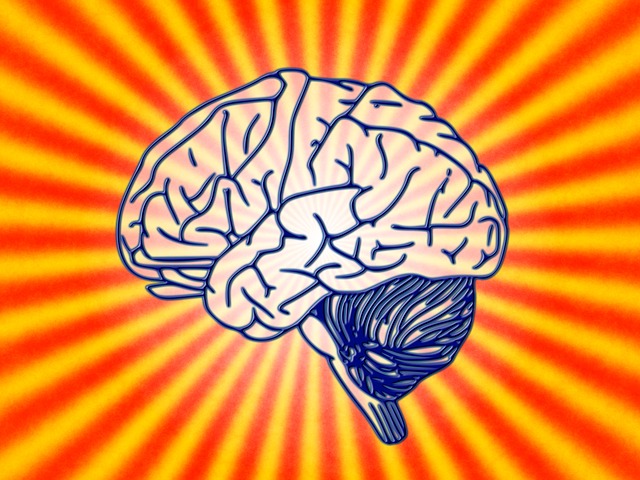As someone who is around a high-functioning Autistic child daily, it is easy to see that many of society’s current notions about the disorder, and how it effects the brain and empathy, might be incorrect. This interesting article was sent me that backed up some current feelings we have in this household.
Autism is thought to result from a deficit in the brain’s social region based on research and ideas starting in the 1980 called the “theory of mind” developed by Uta Frith, Simon Baron-Cohen, and Alan Leslie.
They found that autistic children are late to develop the ability to distinguish between what they know themselves and what others know—something that other children learn early on.
What if however, their perspective was just different? What if they were actually taking in so much information, it became difficult to separate and think about things from a different view point?
Nationally renowned neuroscientist and father of a high-functioning autistic boy, Henry Markram, is looking into how autistic children might have “mind blindness” (or a failure to take on different perspectives) but not actually lack understanding of others all together. Markhram’s colleague and another neuroscientist, Michael Merzenich, proposed that autism is caused by an imbalance between excitatory and inhibitory neurons.
So Markram started his research at a circuitry level. They studied rats with autistic behaviors and used what we know about VPA drugs, like Depakote, to increase the odds of these specific rats. The networked VPA cells responded almost 2xs as strong as the normal cells. The cells had become hyper-connected. The rats infected were quicker to both frighten and learn. They also had a harder time forgetting because everything that might of given them fear (the room, the feeling, the smell) would re-trigger the same reaction. The VPA rats learn too quickly with too much irreversible fear.
Markram notes how this sounds more like his son as it does with our experiences of Autism. Depending on the child’s individual experiences and make up, being made of these hyperactive cells could explain a lot of different things we know about Autism.
Articles Related to ‘Autism, Empathy, and How the Brain Might Truly Work’
High Functioning Autism: Signs and Perspective
Early Detection of Autism: A Key to Changing the Future
Autism: ABA Therapy, Applied Behavior Analysis, Getting the Facts
